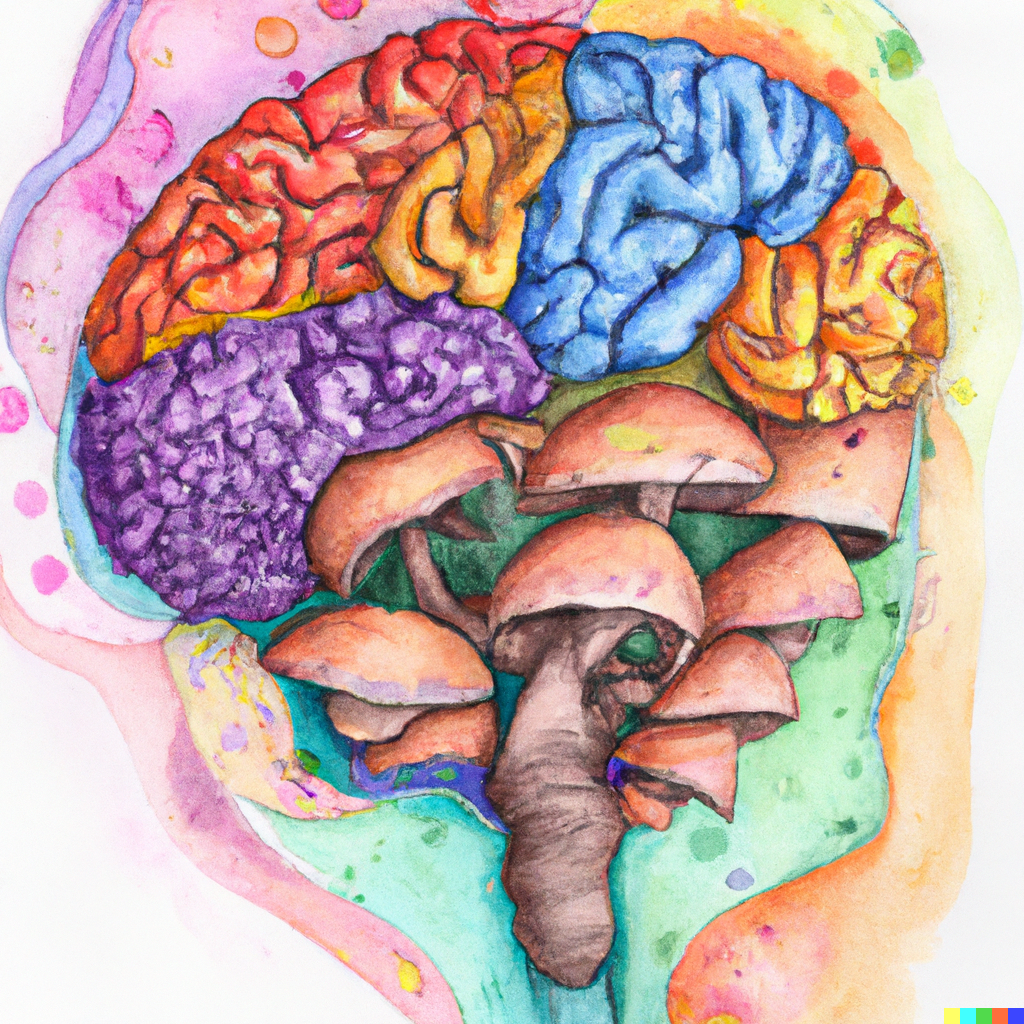ABSTRACT
The authors interviewed 53 cluster headache patients who had used psilocybin or lysergic acid diethylamide (LSD) to treat their condition. Twenty-two of 26 psilocybin users reported that psilocybin aborted attacks; 25 of 48 psilocybin users and 7 of 8 LSD users reported cluster period termination; 18 of 19 psilocybin users and 4 of 5 LSD users reported remission period extension. Research on the effects of psilocybin and LSD on cluster headache may be warranted.
MAIN POINTS
-
Cluster headache, often considered the most painful of all types of headache,1 affects predominantly men (0.4% vs 0.08% of women) and typically begins after age 20 years.
-
The disorder is categorized as either episodic, occurring for 1-week to 1-year periods, interspersed with pain-free remission periods, or chronic, in which the headaches occur constantly for more than a year with no remission longer than 1 month.
-
In standard descriptions of cluster headache, an attack refers to the actual paroxysm of pain, a cluster period refers to a period of time when attacks occur regularly, and a remission period refers to a prolonged attack-free interval.
-
First, no other medication, to our knowledge, has been reported to terminate a cluster period. Second, unlike other ergot-based medications, which must be taken daily, a single dose of LSD was described as sufficient to induce remission of a cluster period, and psilocybin rarely required more than three doses. Third, given the apparent efficacy of subhallucinogenic doses, these drugs might benefit cluster headache by a mechanism unrelated to their psychoactive effects.

